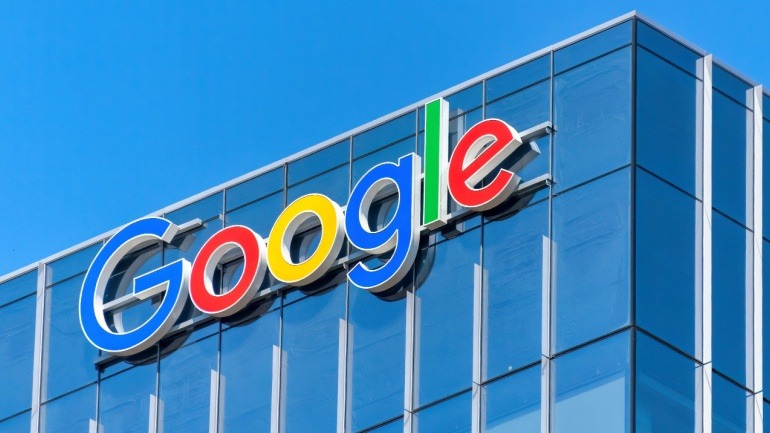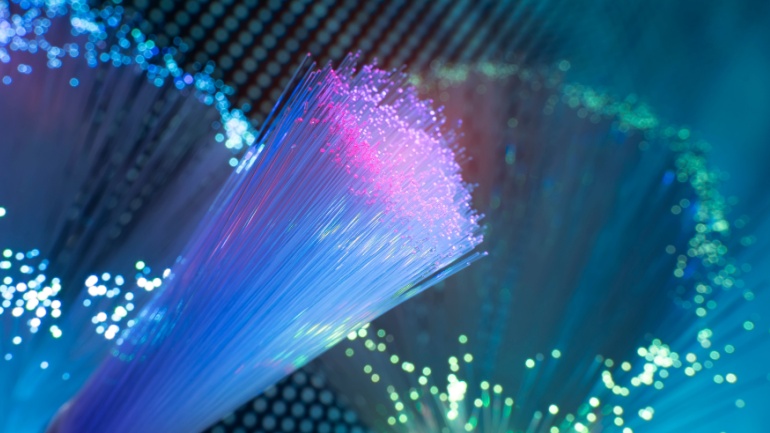The rapid expansion of AI, especially generative AI, has led tech companies to explore innovative energy solutions. In a groundbreaking move, Google collaborates with Kairos Power to harness nuclear energy, marking the first time a tech giant embraces nuclear power to meet its AI energy demands, significantly reducing carbon emissions.
Vodafone and Google have entered a decade-long partnership aiming to revolutionize mobile and broadband services. By leveraging advanced AI models from Google Cloud, they seek to enhance customer experiences in Europe and Africa.
Google’s USD $1 billion investment is set to transform Thailand’s digital landscape. Focusing on cloud and data centers in Bangkok and Chonburi, this initiative will boost digital infrastructure, meet rising cloud service demands, and enhance AI innovations.
Google’s plans to establish a large data centre in Dublin were recently thwarted by the South Dublin County Council, citing energy consumption and environmental impact concerns. The data centre, expected to operate by 2027, faced issues over the strain on the national power grid and insufficient on-site renewable energy, sparking a broader debate about sustainable digital growth.
Google’s new long-term agreement with Energix Renewables underscores the escalating importance of sustainable energy in tech advancements. By supplying 1.5 gigawatt-peak of solar projects by 2030, this partnership aligns with Google’s net-zero emissions goals, ensuring clean energy for their AI-driven data centers and marking a pivotal shift towards greener technology solutions.
Skylo’s cutting-edge NTN connectivity enhances the Google Pixel 9 series, ensuring reliable emergency communication where terrestrial networks fail. For the first time, Pixel users can connect to emergency services via satellite. This collaborative innovation between Skylo and Google marks a new era in mobile connectivity, delivering essential support in remote areas.
Opensignal’s report shows T-Mobile leads in US 5G availability.
Google has reversed its decision to phase out tracking cookies. Businesses rapidly adopting generative AI face long-term infrastructure and security challenges. EdgeCore Digital Infrastructure plans to build a new data center. Nokia’s Broadband Easy Connect uses AI and cloud technology to streamline fibre connections.
Google’s ambitious $1 billion investment, partnered with NEC, aims to redefine digital connectivity between the United States and Japan through two subsea cables. As part of the Japan Digitization Initiative, these advancements promise not only improved data routes, but also crucial geopolitical advantages.
In a strategic move to accelerate artificial intelligence (AI) adoption across its vast network, Orange has teamed up with Google Cloud to deploy AI solutions closer to its operations and customers. The collaboration, announced at Google’s Cloud Next ’24 event in Las Vegas, aims to leverage Google Distributed Cloud (GDC), a fully managed hardware and software solution.
In an unexpected turn of events, Google’s Pixel smartphones are carving out a significant niche for themselves in Japan, a market traditionally dominated by local brands and, more recently, by Apple. Despite a general downturn in the Japanese mobile phone sector, Google has emerged as a notable exception, with its Pixel range securing a market share surpassing 10% by the end of the fourth quarter of 2023. This growth positions Google as the third-largest player in the market, right behind Sharp but ahead of several traditional and long-standing competitors.













